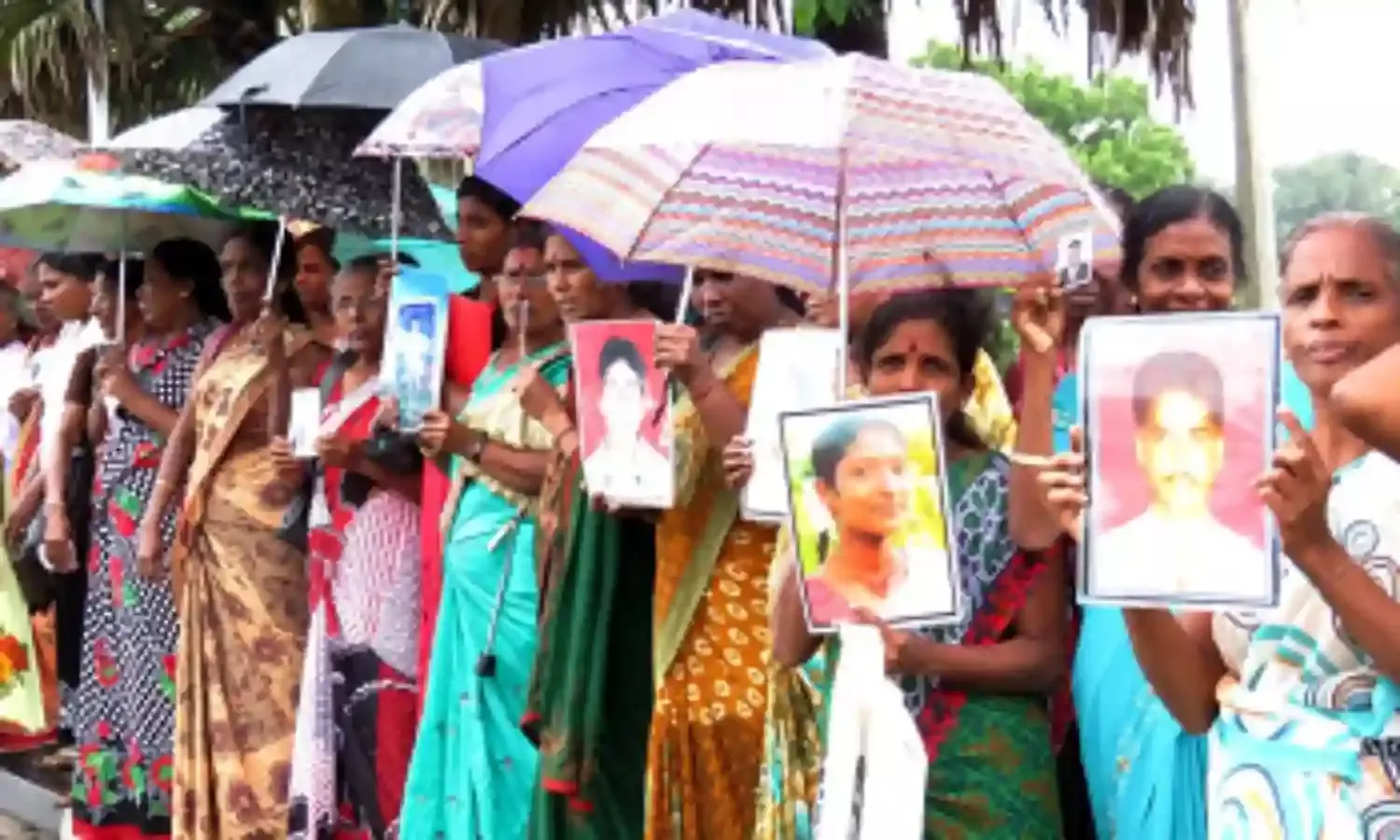Sri Lanka Bans Enforced Disappearances And Disables Social Media Platforms To Stem Communal Propaganda
Sri Lanka attempts to stem spread of communal propaganda.

COLOMBO: The Sri Lankan parliament on Wednesday passed a bill to ban enforced disappearances. Entitled: International Convention for the Protection of All Persons from Enforced Disappearance Bill, it was passed with fifty-three votes in favor and 16 against.
On the same day, government “temporarily” disabled social media platforms like Facebook, Whatapp and Viber to stem the spread of communal propaganda which had caused anti-Muslim riots across the Central highland district of Kandy and earlier in the South Eastern district of Ampara. While Facebook entirely down, Whatsapp can be used for sending messages but not for speaking.
Curfew was imposed on Kandy district from 4 pm on Wednesday to 4 pm on Thursday to prevent Sinhalese Buddhist gangs from going around setting fire to Muslim owned shops and stoning mosques.
The violence, triggered by the killing of a Sinhalese lorry driver by a group of Muslims and the police inaction in that case, has so far claimed two Muslim lives and damage to Muslim property worth millions in several towns.
Two Steps Towards Reconciliation
With the 37th Session of the UN Human Rights Council (UNHRC) on in Geneva, the Sri Lankan government has hurriedly taken a couple of steps to ward off criticism that it has done precious little to implement a resolution on ethnic reconciliation which it had itself co-sponsored at the council’s session in September 2015.
On February 28, the government appointed Commissioners to the Office of Missing Persons (OMP), an organization which had been gazetted months ago, but had not been given the required personnel.
Going a step further, on March 7, the government presented a bill in parliament to criminalize enforced disappearances and had it passed. According to the state-owned Sunday Observer, the Bill for Protection against Enforced Disappearances, will be put to vote after a day’s debate.
An estimated 65,000 Sri Lankans have been reported missing after two Marxist insurgencies in South Sri Lanka, and a 26-year war against Tamil separatist militants in the North and East of the island.
The Sri Lankan government had presented a bill to ban enforced disappearances for debate on July 5 and September 19 last year. But the government deferred it due to objections from various groups including the Joint Opposition group in parliament led by former President Mahinda Rajapaksa.
However, a major flaw in the Bill is that it is “not retrospective”. It will not apply to past cases of enforced disappearances, including those which occurred during the brutal Eelam War IV between 2006 and 2009.
The government has made it clear that the Bill’s main objective is to ensure that every Sri Lankan citizen enjoys the right to live without fear of being a victim of enforced disappearance or abduction. The bill will therefore apply to fresh cases after the bill becomes law.
The Bill will give effect to the UN International Convention for the Protection of All Persons from Enforced Disappearance that the Government of Sri Lanka ratified in May 2016.
Under the said convention, Sri Lanka has an obligation to enact local laws to criminalize enforced disappearances and offer protection to victims of the crime.
According to Section 3 of the Bill, any public officer or person acting with the authority or support of the State, who “arrests, details, wrongfully confines, abducts, kidnaps” and refuses to acknowledge the arrest, detection, confinement or abduction, conceals the fate of such a person or refuses to disclose the person’s whereabouts, will be guilty of the crime of enforced disappearance.
Under the provisions of the Bill, enforced disappearance is punishable by a prison term not exceeding 20 years and a fine of LKR 1 million (US$ 6450).
Persons convicted of the crime of enforced disappearance will also be liable to pay compensation of no less than Rs. 500,000 (US$ 3548) to a victim.



